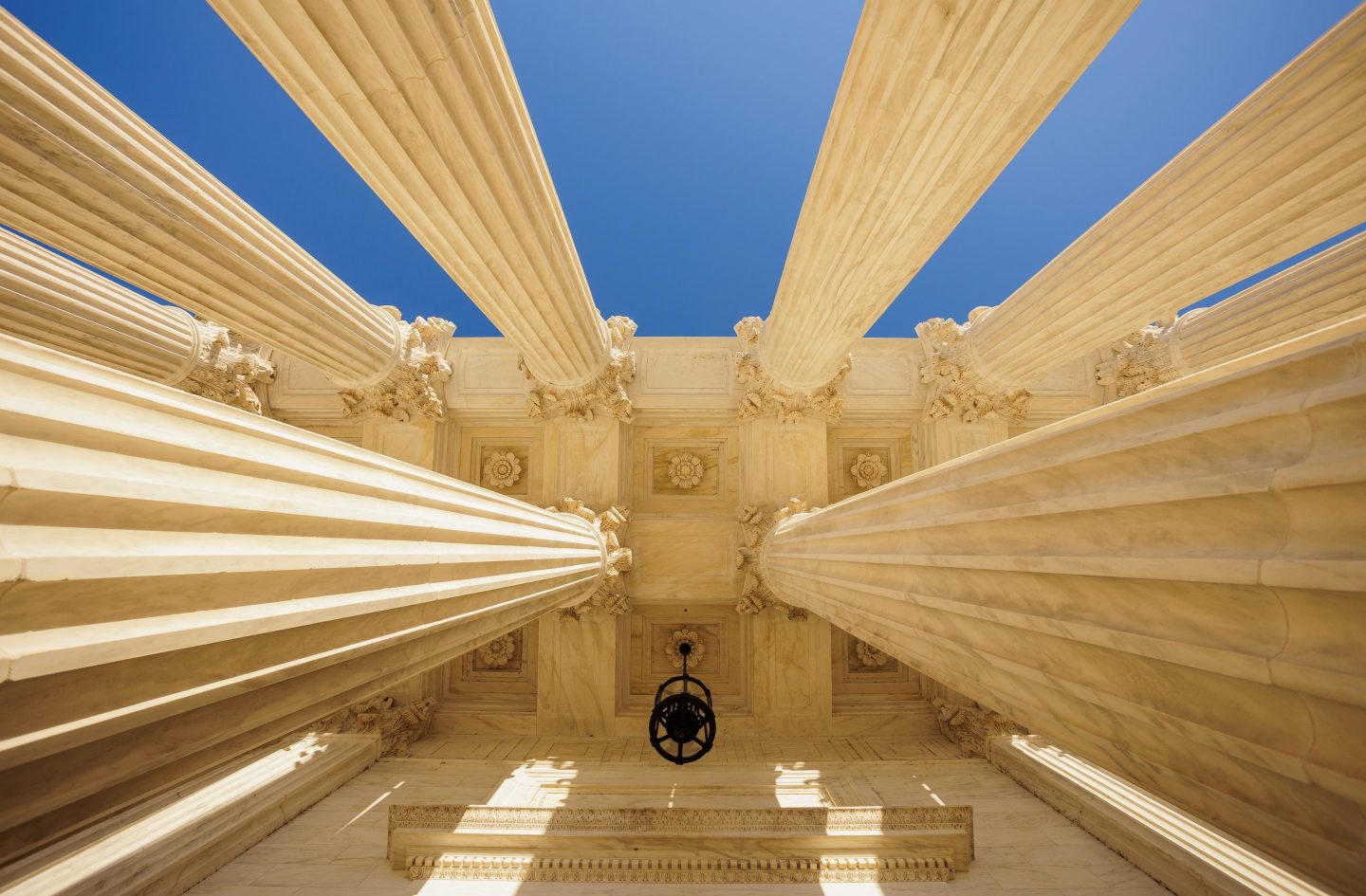Good morning!
Next week, the Supreme Court is expected to hear arguments in the case of Catholic Charities v. Wisconsin, and its decision could have major repercussions for unemployment benefits across the country.
While all states tax employers in order to fund unemployment benefits for workers, exemptions are made for a narrow number of religious organizations. Last year, the Wisconsin state supreme court decided that these exemptions do not apply to organizations like Catholic Charities which employs people outside of the church and focuses on more secular contributions to society, like helping people without housing.
But the case is now going to the high court, and if the justices decide in favor of Catholic Charities, any entity connected to a church could choose to opt out of offering workers unemployment benefits. That would affect employees at major institutions like religious-affiliated hospitals or universities, says Victor Forberger, a labor and employment attorney as well as a member of the Wisconsin Employment Lawyers Association, who co-authored an amicus brief on the case.
“They are making the claim that religious discrimination is occurring because these entities don’t currently have access to this special privilege that other religious ones do,” says Forberger.
He expects the court to decide in favor of Catholic Charities, but the impact on other organizations depends on how far the justices go. The ruling has the potential to create a powerful motivation for organizations, even public companies, to attach themselves to religious missions in order to avoid paying unemployment benefits for their workers, according to Forberger.
“If it could save a company thousands of dollars per employee, we’re now talking about sizable amounts of money,” he says. “That’s creating an incentive to exempt whole parts of industrial economic sectors.”
Brit Morse
brit.morse@fortune.com
Around the Table
A round-up of the most important HR headlines.
The corporate real estate world is in turmoil, yet buildings on New York City’s Park Ave, due to their prestige, are seeing the lowest vacancy rates since 2018. –The Wall Street Journal
These are the tech companies that offer the most H1-B visas for skilled immigrants looking for work in the U.S. –Business Insider
Elon Musk says his priority is to slash government spending, but his company SpaceX is positioning itself to receive billions of dollars in federal contracts. –The New York Times
Watercooler
Everything you need to know from Fortune.
High costs of living. A six-figure offer used to mean something, but now most households need to earn roughly $200,000 per year to even be considered upper-class in the U.S. –Emma Burleigh
A major failure. After a rough start to the year, 23andMe is filing for bankruptcy and users are being advised to delete their data as soon as possible. –Beatrice Nolan
Security struggles. As the new administration overhauls the government, U.S. adversaries have an unprecedented opportunity to recruit informants. –David Klepper, Eric Tucker and The Associated Press













